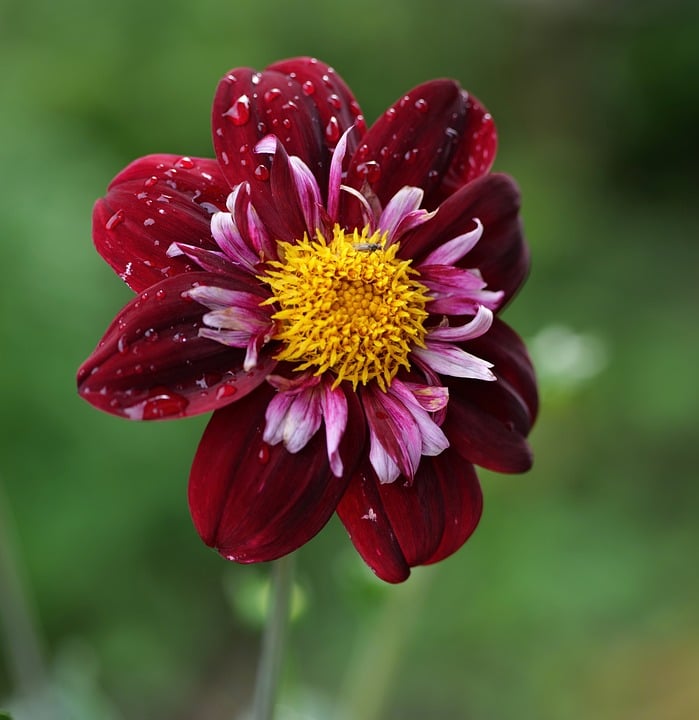[ad_1]
In the vast tapestry of human society, rituals play a central and indispensable role. From the joyous celebrations of weddings to the solemn rites of funerals, rituals are woven into the fabric of our lives, shaping our identities, beliefs, and relationships. In this article, we will delve into the profound significance of rituals in human society, examining their historical roots, current expressions, and future trajectories.
The Historical Context of Rituals
Rituals have been an integral part of human culture since time immemorial. Dating back to ancient civilizations, rituals served as a means of marking important transitions in life, such as birth, marriage, and death. In early societies, rituals were closely tied to spiritual beliefs and practices, serving as a conduit for connecting humans to the divine.
Throughout history, rituals have evolved and adapted to changing social, cultural, and religious landscapes. While some rituals have endured for centuries, others have been modified or replaced to reflect shifting values and beliefs. Despite these changes, rituals continue to hold a powerful sway over human behavior, providing a sense of order, meaning, and connection in an unpredictable world.
The Current State of Rituals
In contemporary society, rituals play a multifaceted role, serving as a means of social bonding, identity formation, and emotional expression. While traditional rituals such as religious ceremonies and cultural customs remain prevalent, new forms of rituals have emerged in response to modern challenges and opportunities.
One key trend in the current state of rituals is the fusion of traditional and contemporary elements. Many rituals today blend age-old practices with modern innovations, creating hybrid forms that reflect the diverse and dynamic nature of our globalized world. In addition, the rise of digital technology has transformed the way rituals are conducted, with online platforms enabling virtual gatherings, shared experiences, and personalized rituals.
The Future of Rituals
Looking ahead, the future of rituals is likely to be shaped by ongoing social, cultural, and technological changes. As societies become increasingly diverse and interconnected, rituals are likely to evolve to reflect this complexity, incorporating a wide range of cultural traditions and practices. In addition, the growing influence of technology is expected to continue to impact the nature and expression of rituals, with virtual and augmented reality offering new possibilities for immersive and interactive experiences.
Moreover, the ongoing shift towards individualism and secularism is likely to influence the form and function of rituals in the future. As people seek more personalized and meaningful ways to mark life transitions, rituals may become more flexible, inclusive, and reflective of individual values and beliefs. Ultimately, the future of rituals is bound to be a dynamic and evolving landscape, shaped by the ever-changing needs and desires of human society.
Conclusion
In conclusion, rituals are an enduring and essential part of human society, serving as a bridge between the past, present, and future. From weddings to funerals, rituals hold a profound significance in shaping our relationships, beliefs, and identities. As we navigate the complexities of the modern world, rituals provide a source of stability, meaning, and connection in an increasingly fragmented society.
Thank you for joining us on this journey exploring the role of rituals in human society. We hope this article has provided valuable insights into the historical origins, current expressions, and future trends of rituals. For further exploration, we recommend delving into academic studies, cultural analyses, and personal reflections on the power and potency of rituals in shaping the human experience.
[ad_2]
